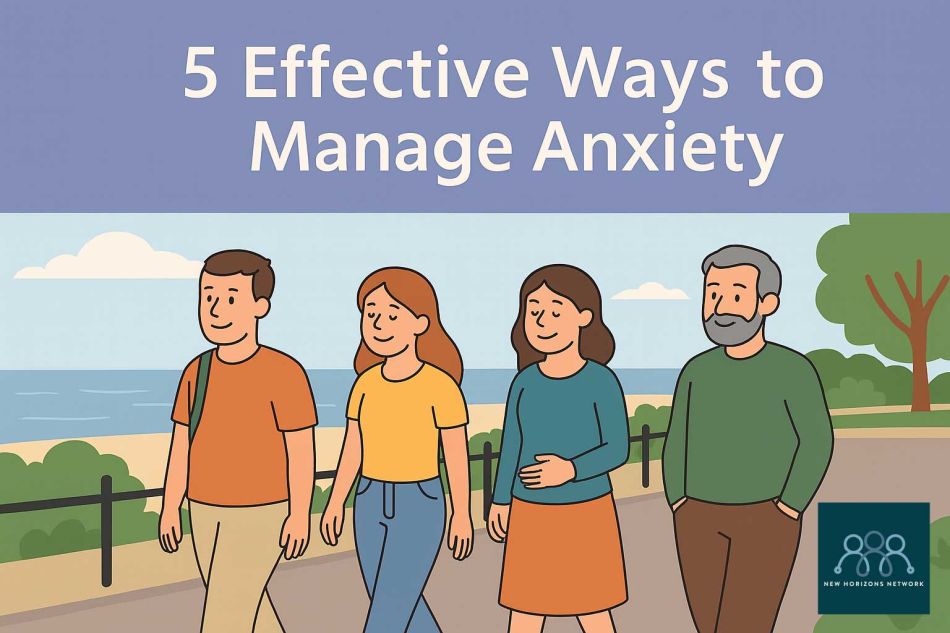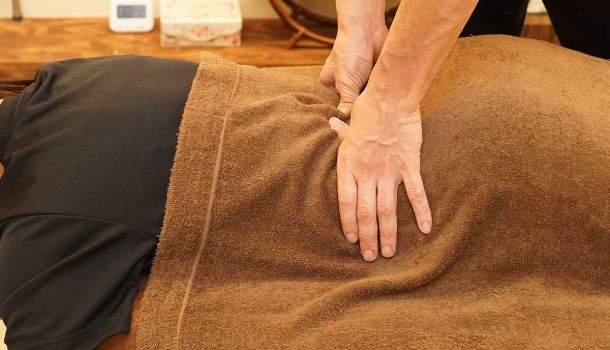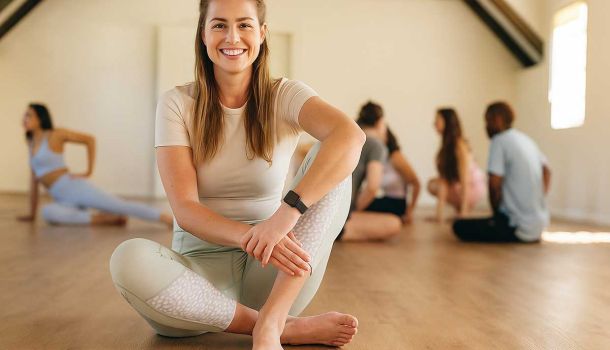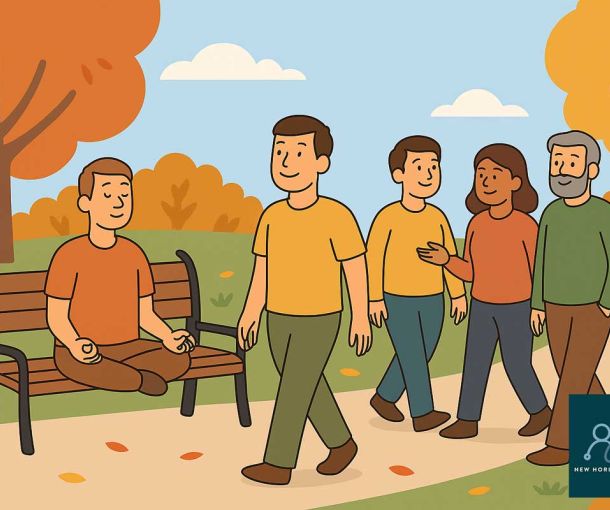5 Effective Ways to Manage Anxiety: Practical Strategies for Adults

Understanding Anxiety in Everyday Life
Anxiety is one of the most common mental health challenges in the UK. For many adults in Highcliffe, Christchurch, Tucton and Southbourne, anxiety shows up as racing thoughts, restlessness, sleep problems, or a constant sense of worry. According to recent research, around one in five adults experiences significant anxiety at any given time.
The good news? Anxiety is manageable. With the right tools, lifestyle adjustments, and when needed, professional support, it is possible to reduce symptoms and regain balance. Below are five practical, evidence-based ways you can start to manage anxiety in daily life.
1. Practice Mindful Breathing and Relaxation

Breathing is one of the fastest ways to calm the body’s stress response. Techniques such as box breathing (in for 4, hold for 4, out for 4, hold for 4) or the 4-7-8 breath help regulate the nervous system.
Try spending five minutes each morning focusing on your breath. Pair this with mindfulness apps or simple guided meditations. Over time, mindful breathing can lower physical symptoms of anxiety like a racing heart or shallow breathing.
For deeper support, our individual therapy sessions in Highcliffe can teach personalised relaxation strategies.
2. Move Your Body Regularly

Exercise is a natural stress reliever. Activities such as walking, cycling, swimming, or yoga release endorphins—your body’s “feel-good” hormones.
Living in the BH23 area offers beautiful spaces to move: a walk along Highcliffe Beach, a jog around Christchurch Quay, or even gentle stretching at home in Tucton or Southbourne. You don’t need a gym membership—just 20–30 minutes of movement most days can ease anxiety significantly.
If motivation feels difficult, consider structured wellbeing options like our wellbeing workshops for extra encouragement.
3. Keep a Journal or Schedule “Worry Time”

Writing down worries helps organise thoughts and stop them from circling endlessly. Try setting aside 10 minutes in the evening to jot down your concerns. By scheduling “worry time,” you train your brain to address anxiety in a controlled way instead of letting it spill into the entire day.
Journaling also helps you spot patterns: are there particular triggers that make your anxiety worse? Recognising these patterns makes it easier to manage them in the future.
If writing isn’t your style, voice notes or digital journaling apps can work just as well.
4. Challenge Negative Thoughts

Anxiety often feeds on “what if” thinking: “What if I fail?” “What if something bad happens?” Cognitive-behavioural techniques (CBT) encourage you to challenge these thoughts.
Ask yourself:
- Is this thought based on fact or fear?
- What evidence supports or contradicts it?
- How would I advise a friend in this situation?
By reframing negative thoughts, you weaken anxiety’s hold. If you’d like structured guidance, our anxiety counselling sessions in Christchurch and Highcliffe use evidence-based methods to reduce anxious thinking.
5. Use Grounding and Self-Care Techniques

When anxiety spikes, grounding techniques can bring you back into the present. The 5-4-3-2-1 method (noticing 5 things you see, 4 you feel, 3 you hear, 2 you smell, 1 you taste) is especially effective.
Pair this with healthy self-care:
- Prioritise sleep hygiene
- Reduce caffeine and alcohol
- Spend time outdoors
- Connect with friends or join support groups
Together, grounding and self-care create a safety net for managing stressful days.
When to Seek Professional Help
While these strategies are powerful, sometimes anxiety requires additional support. If your anxiety affects work, relationships, or daily functioning, counselling can make a lasting difference.
At New Horizons Network, our team in Highcliffe and Christchurch offers tailored therapy for adults experiencing anxiety. Services include individual therapy, anxiety counselling, and support groups—all confidential and designed to help you move forward.
FAQs: Managing Anxiety as an Adult
Racing thoughts, difficulty sleeping, restlessness, muscle tension, and constant worry are all common symptoms.
Some, like breathing and grounding, work immediately. Others, like journaling and exercise, build resilience over time.
If anxiety disrupts your daily life, professional counselling in Highcliffe or Christchurch can provide additional support.
Yes, lifestyle adjustments can significantly reduce symptoms. However, therapy is often most effective when combined with self-care practices.
Yes. New Horizons Network provides anxiety counselling and individual therapy for adults across Highcliffe, Christchurch, Tucton and Southbourne.
Stress usually relates to external pressures, while anxiety often continues even without a clear trigger.
Absolutely. Our support groups in Christchurch provide shared understanding and strategies for managing anxiety together.














Leave a Reply